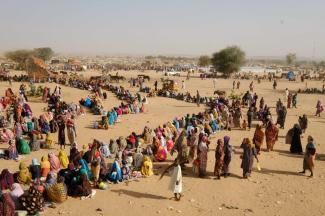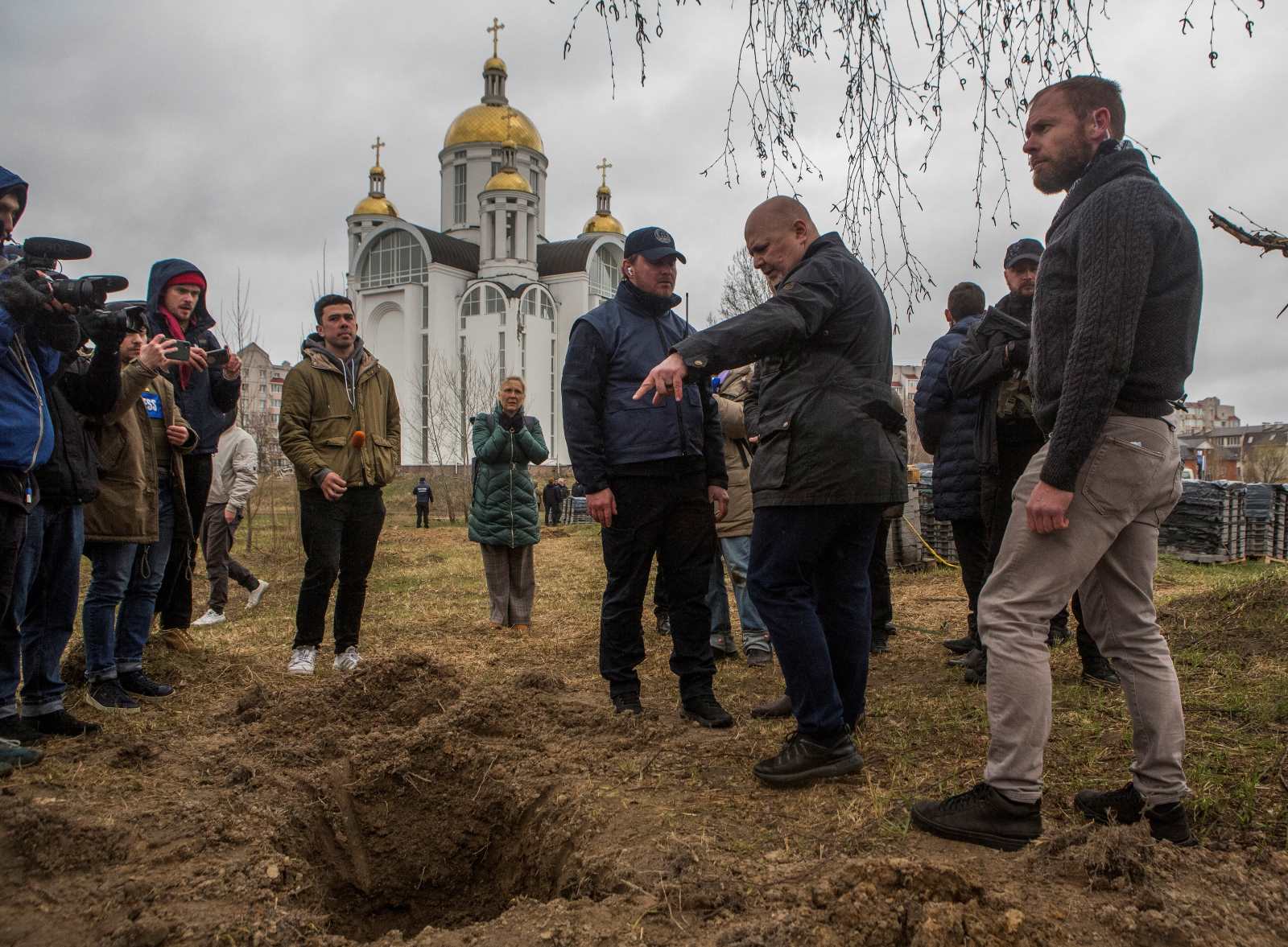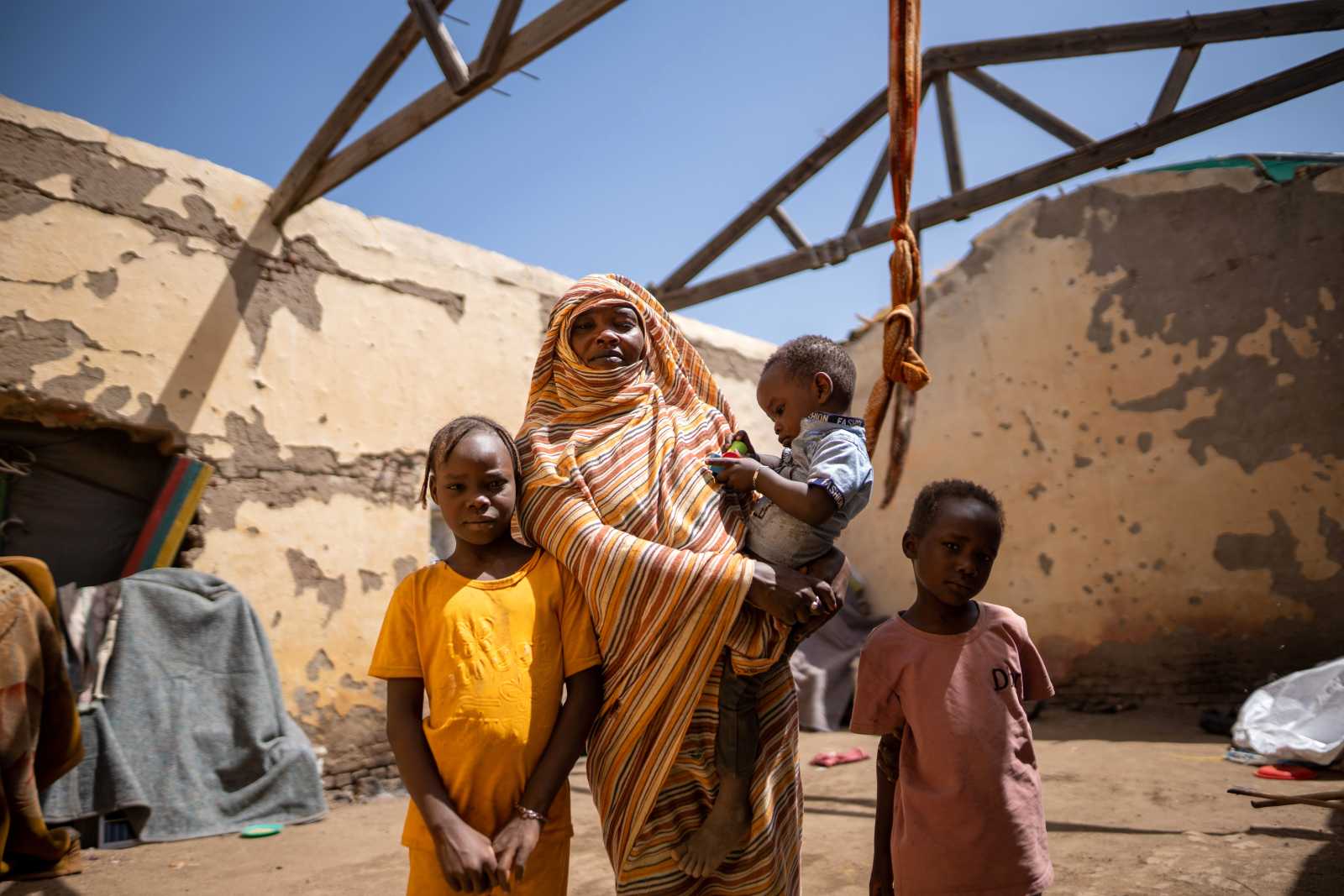Genocide
Decades of ethnic violence

Darfur is a conflict-ridden region in Sudan that has been repeatedly ravaged by brutal fighting for two decades. The war in Darfur broke out in 2003 after Darfuri rebel groups revolted against the Arab-dominated government over the marginalisation of their region. What followed has become known as the first genocide of the 21st century. Between 2003 and 2008, around 300,000 civilians were killed and some 2.7 million displaced.
The genocide against the Fur, Masalit and Zaghawa ethnic groups caused the International Criminal Court (ICC) to prosecute several people for crimes against humanity, rape, forced displacement and torture. Former president Omar al-Bashir is one of them.
Although the violence in Darfur has temporarily decreased in some years, the situation has never been truly peaceful. With the outbreak of another war in the whole of Sudan in April 2023 and new ethnic mass killings, the situation took another drastic turn.
Organisations left the region
Many humanitarian organisations left Darfur when the new conflict erupted. Since then, many of their facilities have been looted or destroyed. Some have occasionally returned to provide aid when the security situation allowed it.
The overall situation is devastating: a UN report states that babies are dying in hospitals, children and mothers are suffering from severe malnutrition, and camps of displaced people have been burned down. Refugees have given harrowing accounts of sexual violence against Darfuri women and girls, brutal killings and racially motivated crimes.
The ICC intervened again. In July last year, ICC Prosecutor Karim Khan launched an investigation into alleged war crimes and crimes against humanity in the region following the discovery of mass graves of the Masalit community supposedly killed by the RSF and associated militias. In a statement to the UN Security Council, he reported that more than 555,000 Darfuris had fled to Chad by December last year alone.
Roli Mahajan is a journalist based in Lucknow, India.
roli.mahajan@gmail.com














